Kabale University and BOKU University Strengthen Partnership to Advance Water Resource Management in Kigezi Highlands
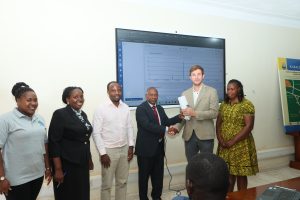 Kabale University, in partnership with BOKU University’s Institute for Hydrology and Water Management (Austria), has successfully conducted a series of milestone activities under the KI-WATER Project – Building Regional Capacities in Integrated Water Resources Management (IWRM) in the Kigezi Highlands. Supported by the Austrian Development Cooperation (ADC) through the APPEAR programme, the project aims to strengthen research, teaching and community-based practices for sustainable water management in one of Uganda’s most critical ecoregions.
Kabale University, in partnership with BOKU University’s Institute for Hydrology and Water Management (Austria), has successfully conducted a series of milestone activities under the KI-WATER Project – Building Regional Capacities in Integrated Water Resources Management (IWRM) in the Kigezi Highlands. Supported by the Austrian Development Cooperation (ADC) through the APPEAR programme, the project aims to strengthen research, teaching and community-based practices for sustainable water management in one of Uganda’s most critical ecoregions.
The project seeks to address pressing environmental and hydrological challenges in the Kigezi highlands, a region vital for regulating river systems, climate and water flow but increasingly affected by resource degradation. Through the KI-WATER partnership, Kabale University is building local expertise in data-driven water resources management, integrating modern hydrological science into academic training and field-based research.
A key milestone of the collaboration was the official handover of state-of-the-art research equipment to Kabale University’s Department of Environmental Sciences. The tools, including an automated weather station and high-precision water-testing meters, will enhance the University’s ability to monitor climatic and water quality parameters across regional sub-catchments. The equipment strengthens both academic instruction and applied research, empowering students and faculty to generate reliable hydrological data for decision-making and policy development.
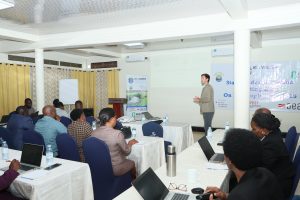 An inception workshop held at Cephas Inn, Kabale, brought together more than 25 stakeholders, including district water officers, local government representatives, NGOs, farmers, and student researchers. The workshop focused on refining project objectives, defining institutional roles, and fostering inclusive participation in developing community-based and climate-resilient water management strategies.
An inception workshop held at Cephas Inn, Kabale, brought together more than 25 stakeholders, including district water officers, local government representatives, NGOs, farmers, and student researchers. The workshop focused on refining project objectives, defining institutional roles, and fostering inclusive participation in developing community-based and climate-resilient water management strategies.
Stakeholders reaffirmed their commitment to working with the project team to enhance Integrated Water Resources Management (IWRM) across the Kigezi region, ensuring the active involvement of local institutions and communities in addressing water challenges.
Field missions to the Maziba and Ruhezamyenda sub-catchments provided opportunities to assess hydrological conditions and conduct initial tests of the newly installed instruments. These visits offered hands-on training for Kabale University staff and students in hydrological monitoring, calibration, and data collection. The demonstrations verified the proper functioning of all devices, setting the foundation for consistent environmental data acquisition for teaching, research, and community outreach.
During his visit, Mr. Gabriel Stecher, a hydrologist from BOKU University, delivered an engaging lecture titled “Discharge Measurement – Salt Dilution” to second-year Environmental Science students. The session introduced the principles of discharge measurement using salt-dilution and tracer-based methods, highlighting their application in quantifying streamflow and understanding land use and climate impacts. This academic exchange reinforced the project’s goal of enhancing field-based training in IWRM and integrating global expertise into Kabale University’s environmental science curriculum.
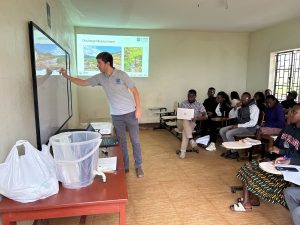 The KI-WATER Project, funded under the APPEAR Programme of the Austrian Development Cooperation, will run from July 2025 to June 2027. Its outcomes are structured across three work packages:
The KI-WATER Project, funded under the APPEAR Programme of the Austrian Development Cooperation, will run from July 2025 to June 2027. Its outcomes are structured across three work packages:
- Work Package 1: Improved knowledge and consistent geodatabases on water quality and hydro-climatic conditions in the Kigezi Highlands.
- Work Package 2: Enhanced teaching and research capacities in IWRM, including improved laboratory and field equipment at Kabale University.
- Work Package 3: Increased stakeholder awareness and publicly accessible data repositories for transparency and continued learning.
Beyond technical research, the project promotes community awareness through workshops, school outreach and open-access data sharing. By linking scientific research with policy and practice, the KI-WATER 365 initiative supports Uganda’s efforts toward achieving Sustainable Development Goals (SDGs) notably SDG 2 (Zero Hunger), SDG 3 (Good Health and Well-being), SDG 6 (Clean Water and Sanitation) and SDG 13 (Climate Action)
This collaboration between Kabale University and BOKU University demonstrates how international partnerships can catalyze local innovation and capacity building. By integrating research, education and community engagement, the KI-WATER 365 Project contributes to long-term environmental stewardship and sustainable water governance in Uganda’s highland ecosystems.
Discover more from Kabale University News
Subscribe to get the latest posts sent to your email.


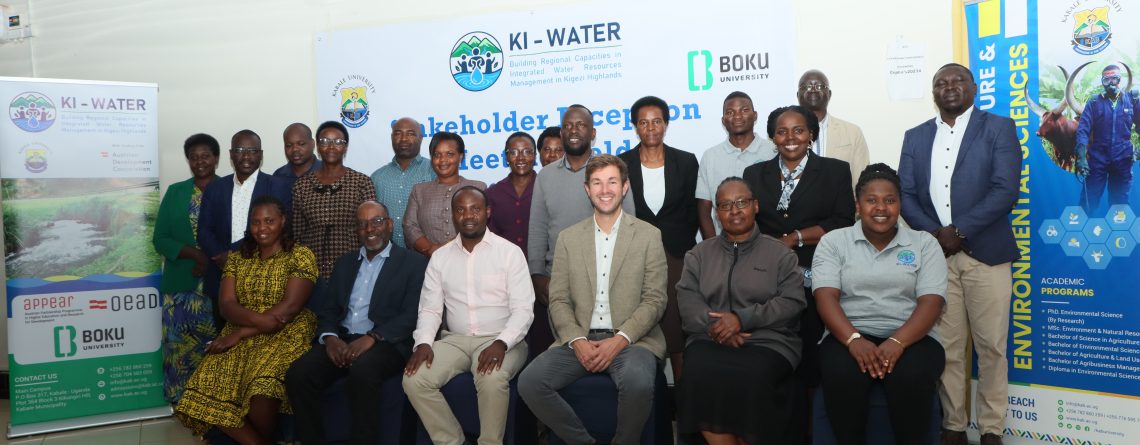
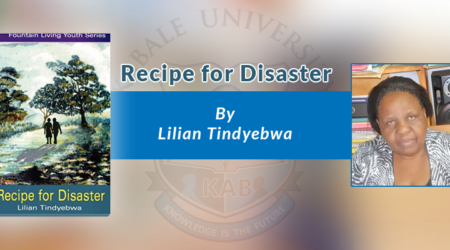
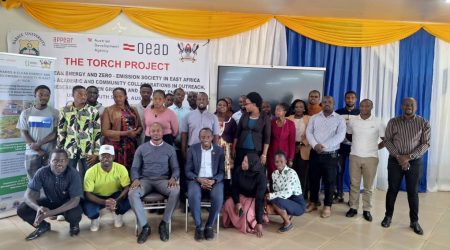
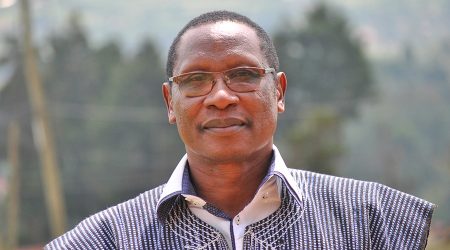
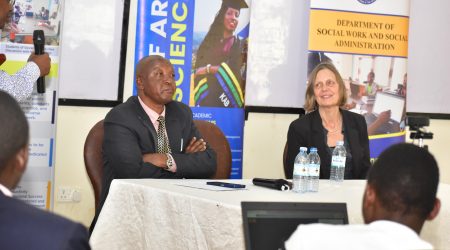
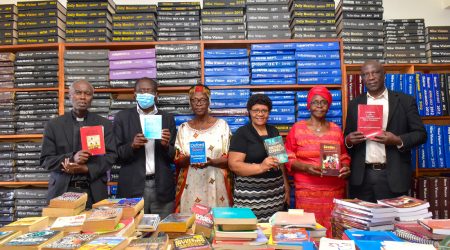
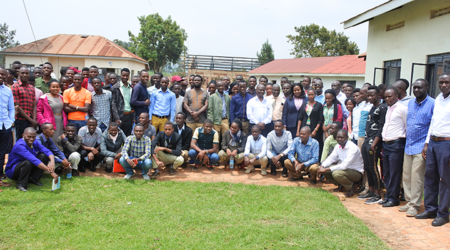

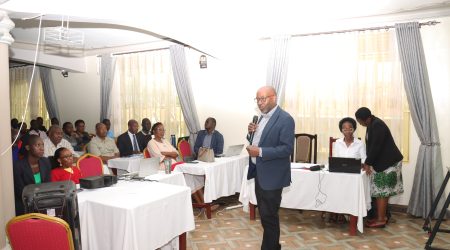
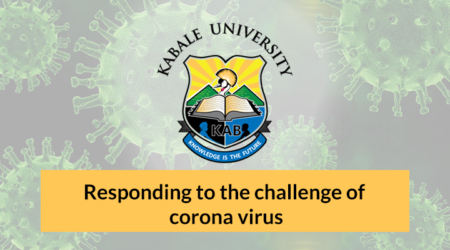
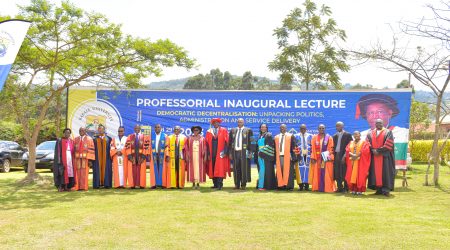
Leave a Reply